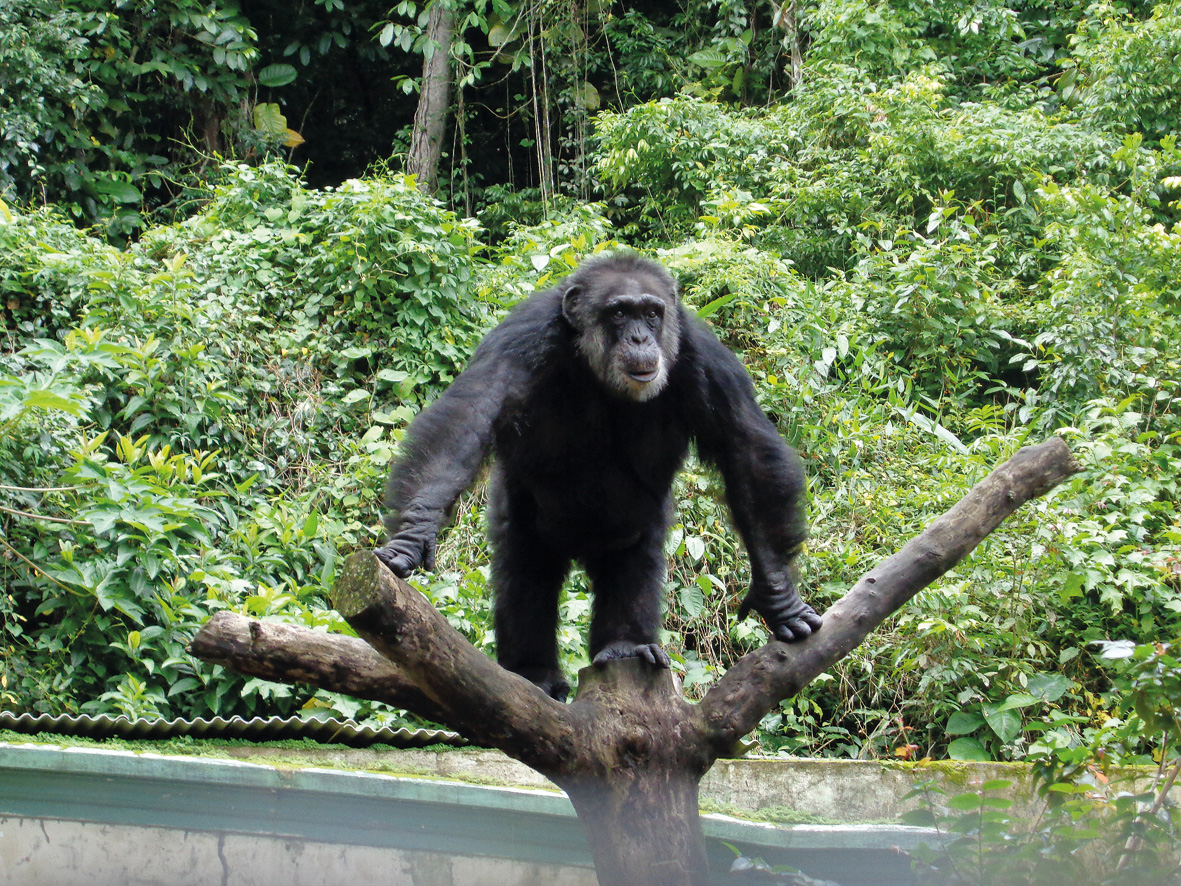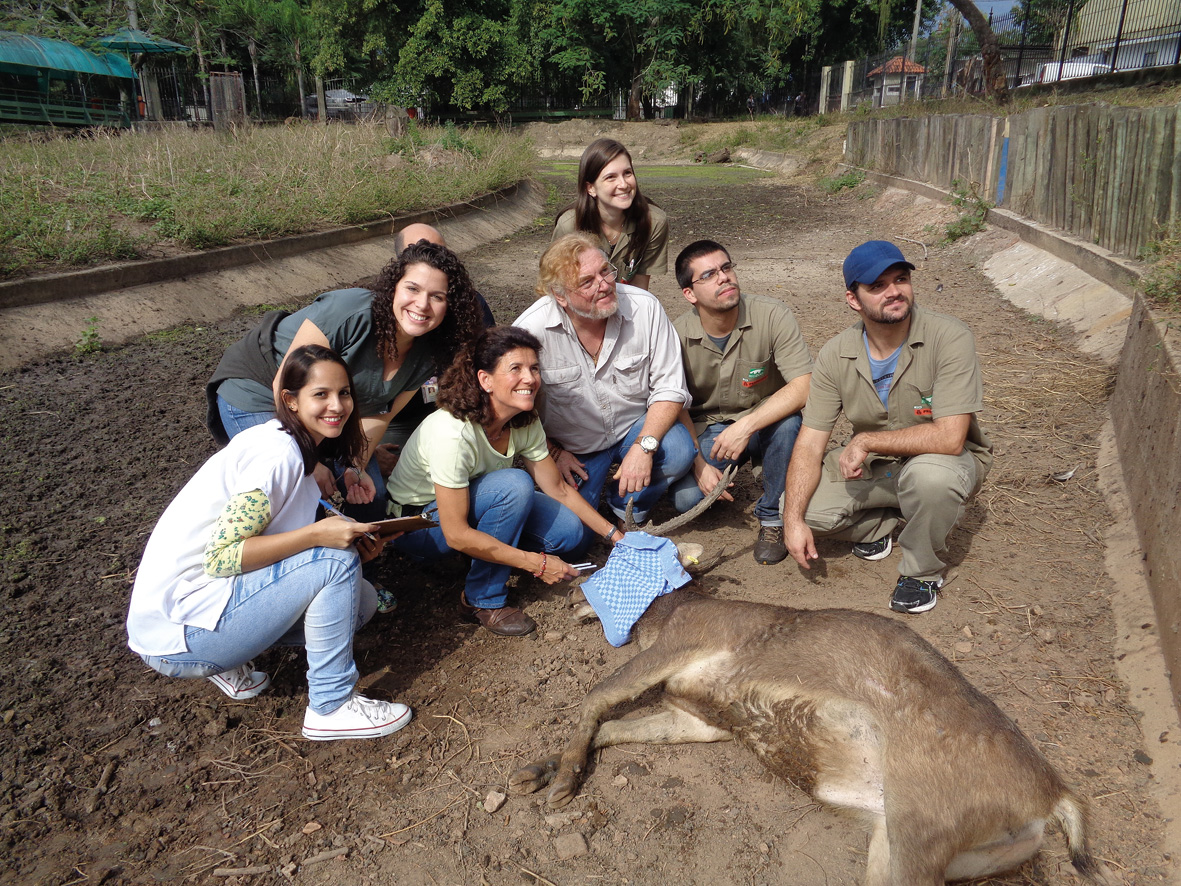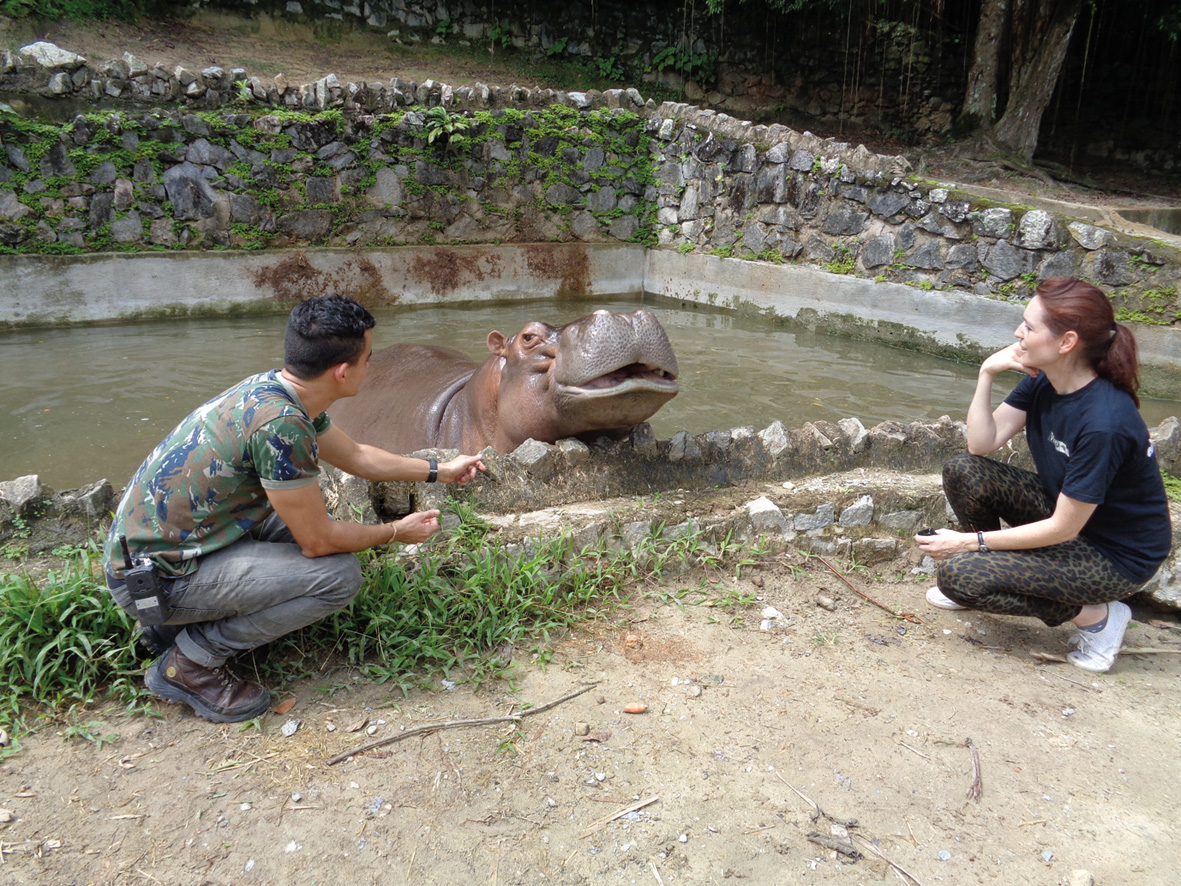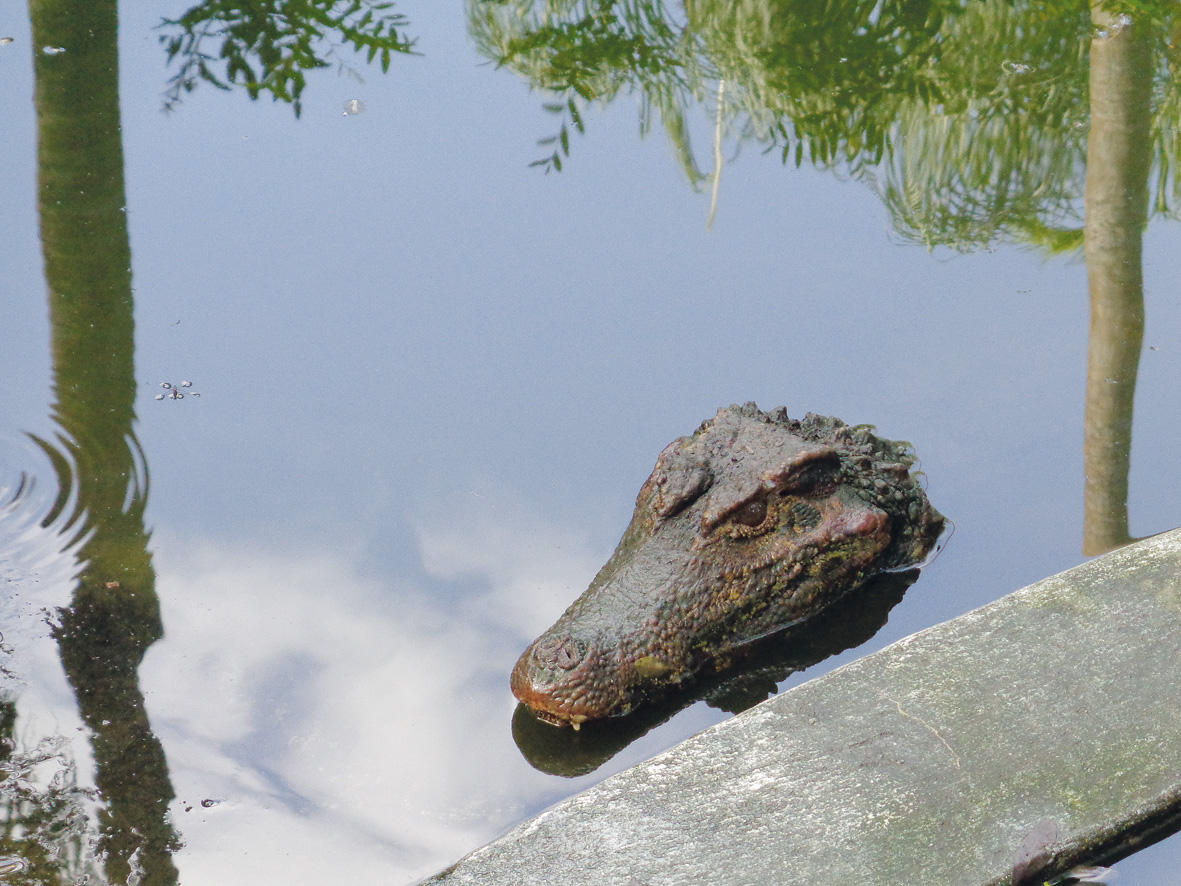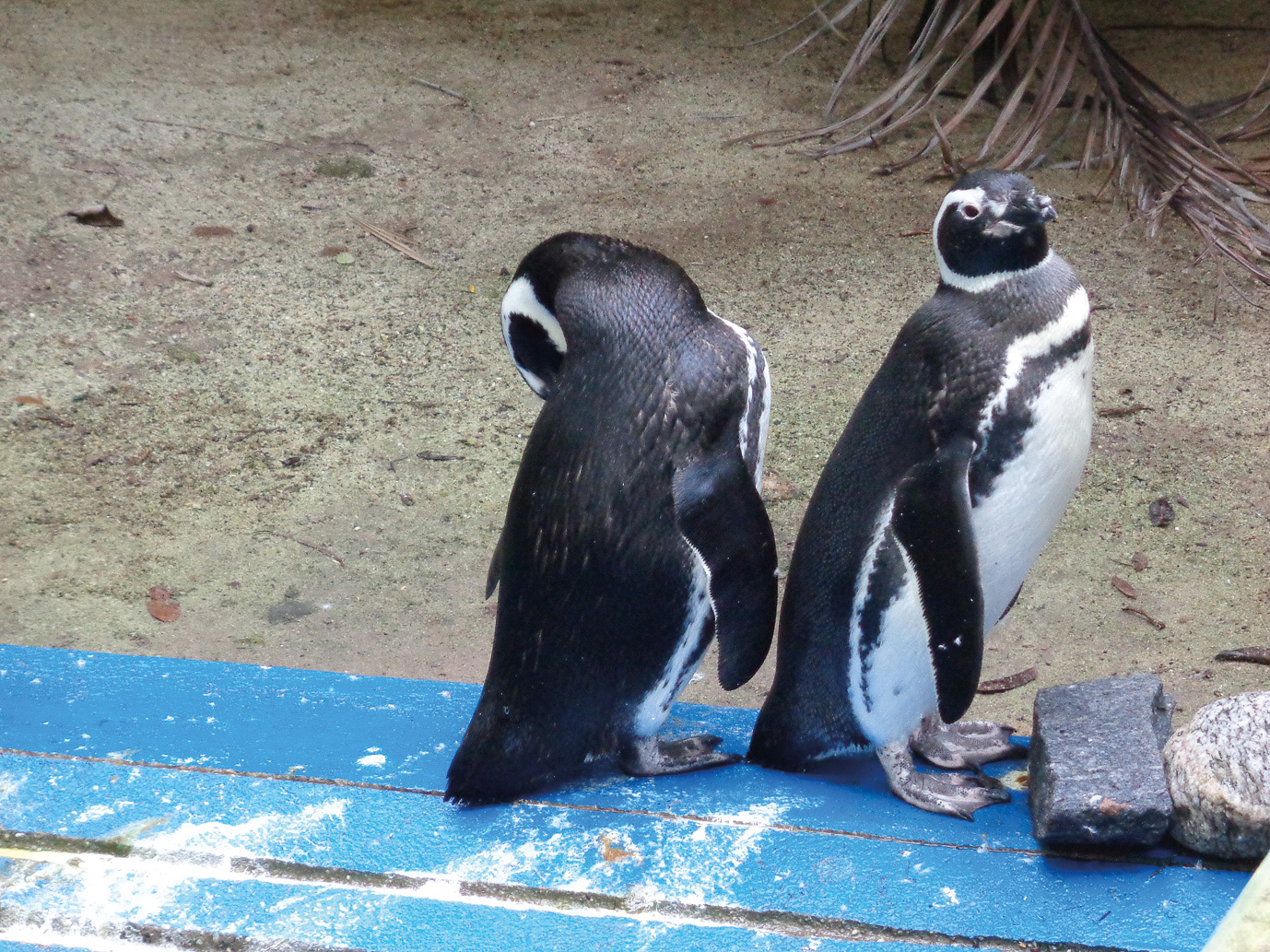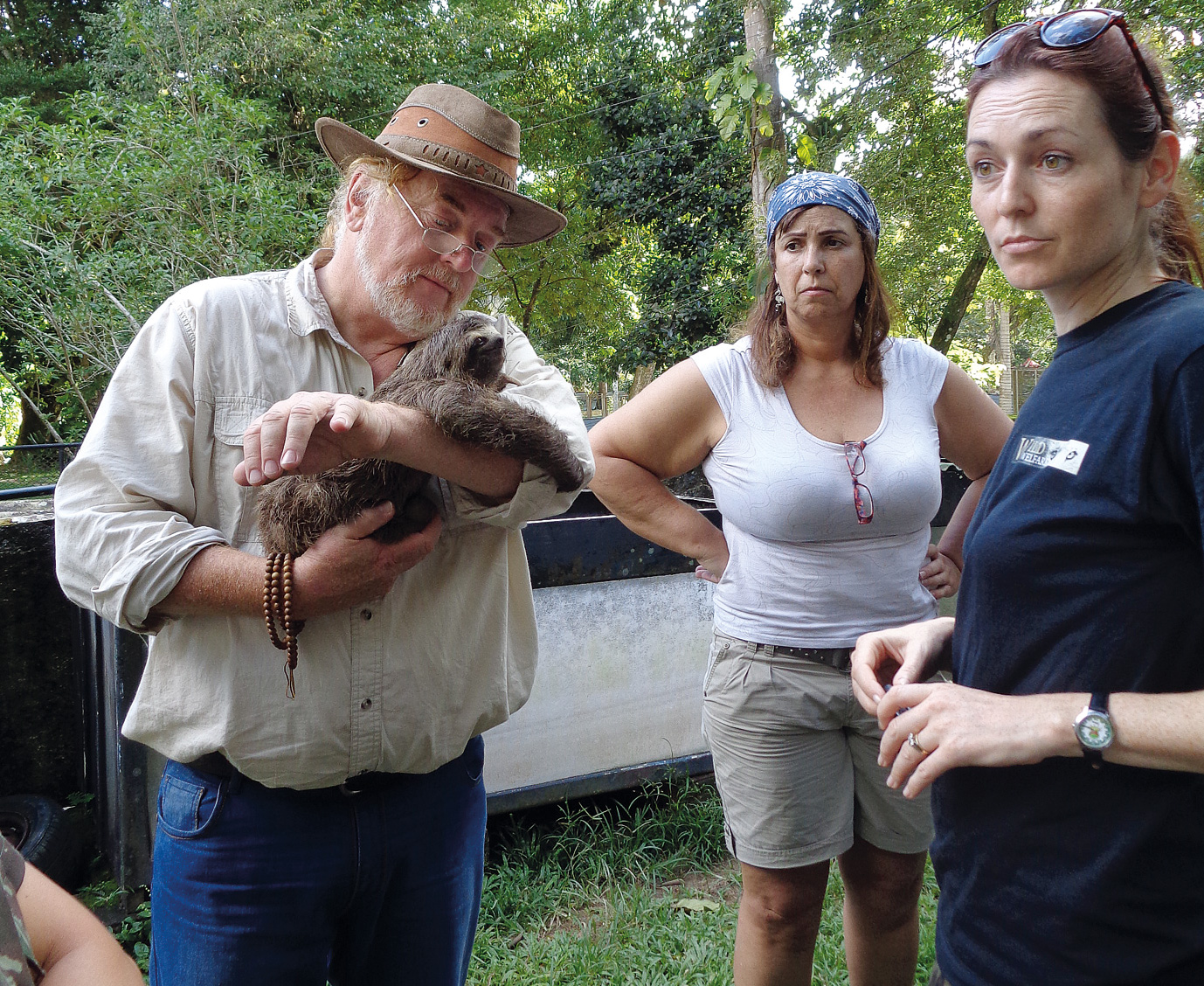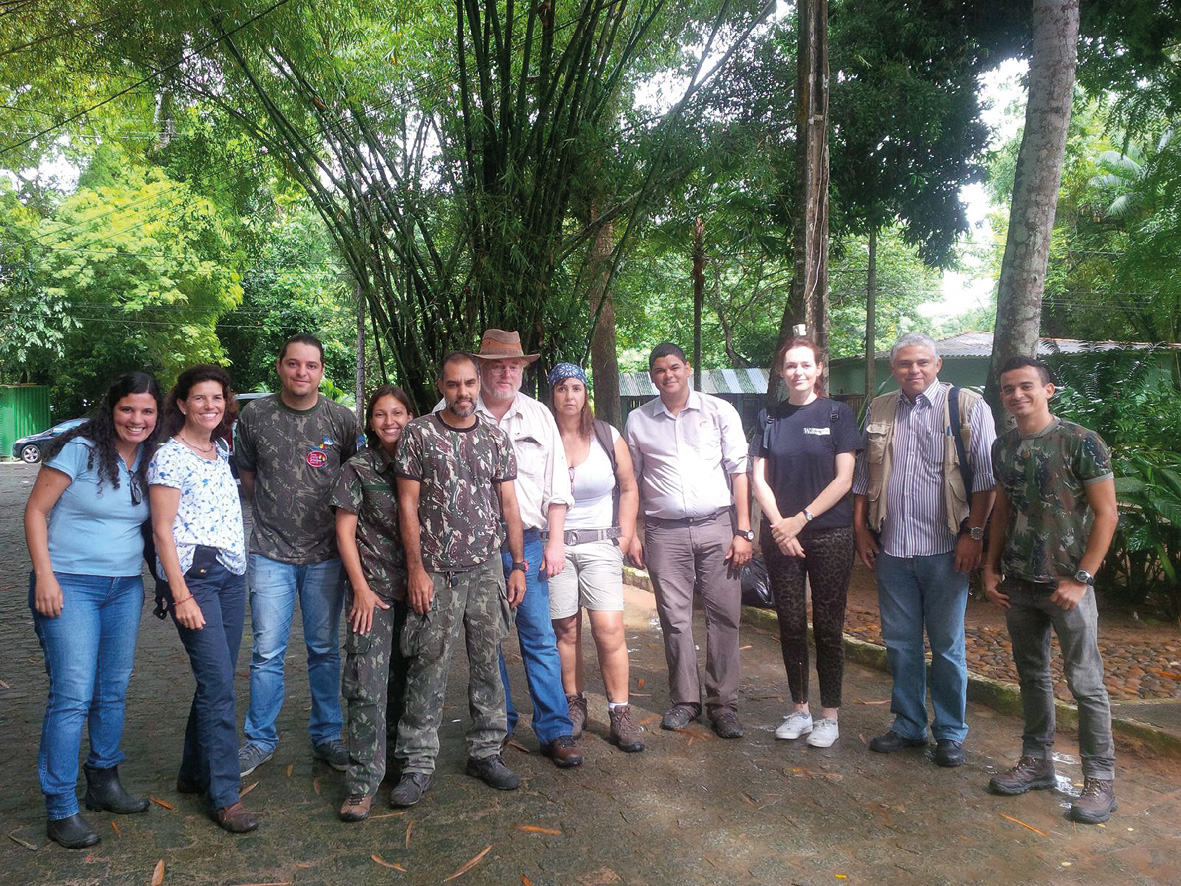- Akademie für Zoo- und Wildtierschutz in Brasilien
- Akademie für Zoo- und Wildtierschutz in Brasilien
- Akademie für Zoo- und Wildtierschutz in Brasilien
- Akademie für Zoo- und Wildtierschutz in Brasilien
- Akademie für Zoo- und Wildtierschutz in Brasilien
- Akademie für Zoo- und Wildtierschutz in Brasilien
- Akademie für Zoo- und Wildtierschutz in Brasilien
- Akademie für Zoo- und Wildtierschutz in Brasilien
- Akademie für Zoo- und Wildtierschutz in Brasilien
- Akademie für Zoo- und Wildtierschutz in Brasilien
- Akademie für Zoo- und Wildtierschutz in Brasilien
- Akademie für Zoo- und Wildtierschutz in Brasilien
- Akademie für Zoo- und Wildtierschutz in Brasilien
- Akademie für Zoo- und Wildtierschutz in Brasilien
Brazil – Helping Animals and Humans
In March 2015, the Brazilian Association of Zoos, the umbrella organization of Brazilian zoos, turned to the WildWelfare organisation asking for the evaluation of two of its members: the Rio de Janeiro Zoo and the Parque Dois Irmaos in Recife. WildWelfare called the Academy for support.
In July 2015, Dr. Julia Gräfin Maltzan travelled together with Dave Morgan and Georgina Allen of WildWelfare, to Brazil in order to thoroughly evaluate both institutions. They addressed health, care, husbandry, breeding and treatment of the animals‘ based on a special evaluation protocol focusing on animal welfare. Special attention is given to the housing of the animals and the composition of the groups, both important factors for the animals‘ wellbeing.
Furthermore, the Academy has offered a wildlife immobilisation training for the zoo-veterinarians in Rio. Dr. Maltzan felt cordially welcome in both zoos: „We were allowed deep insights – also behind the scenes, which is an unmistakable sign of people there being seriously interested in further developing their institutions and accepting help from us.“ Upon returning from the zoos in Brazil, the experts wrote comprehensive reports, showing both strengths and weaknesses of the institutions as well as listing some ad hoc recommendations for improvement.
The Rio Zoo stood out with regard to organization, clean-liness, very motivated personnel and good feeding of the animals. But many of the enclosures are not yet equipped appropriately for the animals and thus improvements have to be made.
The Recife Parque wants to optimize its husbandry – with regard to the next two to six years, there are already plans for the park to be comprehensively enlarged, renovated and renewed. The reports written by the Academy and WildWelfare now serve as a base for long-term theoretical and practical consulting. They will be embedded in the future activities of the Brazilian zoo association (SZB) and will be implemented in the course of their cooperation with the Academy.
The project is expected to start in June 2016. ■

